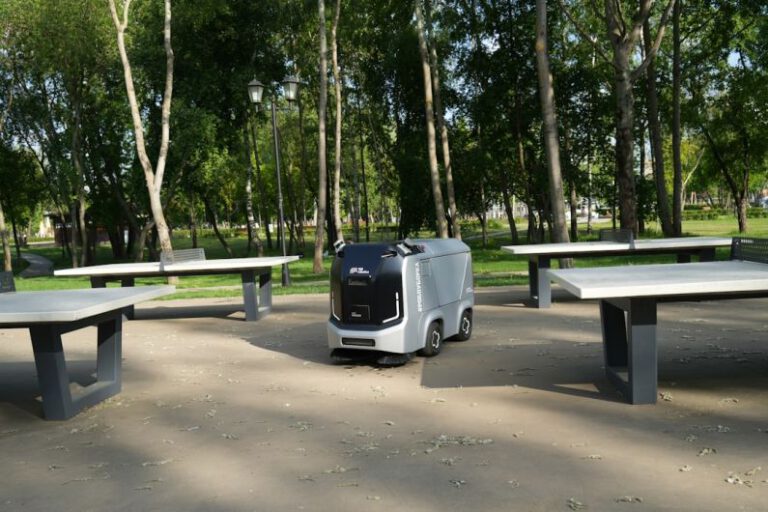Smart Waste Management: a Cleaner Tomorrow
In a world that is becoming increasingly conscious of the environment, the need for more efficient waste management solutions is paramount. Smart waste management is emerging as a key player in tackling the challenges posed by traditional waste disposal methods. By leveraging technology and innovation, smart waste management systems offer a sustainable and effective approach to dealing with the growing problem of waste accumulation. Let’s delve into the world of smart waste management and explore how it is shaping a cleaner tomorrow.
The Problem of Traditional Waste Management
Traditional waste management systems have long been plagued by inefficiencies and environmental consequences. The linear model of waste disposal, which involves collecting, transporting, and dumping waste in landfills, is not only unsustainable but also harmful to the environment. Landfills emit greenhouse gases, leach harmful chemicals into the soil and water, and take up valuable land space. Moreover, the sheer volume of waste generated globally poses a significant challenge to traditional waste management practices.
Smart Waste Collection Systems
Smart waste management systems utilize technology to streamline the waste collection process and optimize resource allocation. One of the key components of smart waste management is the use of IoT (Internet of Things) devices and sensors to monitor waste levels in bins in real-time. These devices can detect when a bin is nearing full capacity and alert waste management services for timely collection. By optimizing collection routes and schedules, smart waste collection systems reduce fuel consumption, emissions, and costs associated with waste collection.
Waste Sorting and Recycling
Another aspect of smart waste management is the implementation of automated waste sorting and recycling facilities. Advanced technologies such as AI (Artificial Intelligence) and robotics are employed to segregate different types of waste efficiently. This not only increases the recycling rate but also reduces the amount of waste sent to landfills. By diverting recyclable materials from the general waste stream, smart waste management systems contribute to resource conservation and energy savings.
Data Analytics and Decision-Making
Data analytics play a crucial role in smart waste management by providing valuable insights for decision-making. By collecting and analyzing data on waste generation patterns, composition, and disposal methods, waste management authorities can make informed decisions to improve efficiency and sustainability. Predictive analytics can help anticipate peak waste generation periods and plan resources accordingly. By harnessing the power of data, smart waste management systems optimize operations and minimize environmental impact.
Community Engagement and Education
Smart waste management is not just about technology; it also involves fostering community engagement and promoting environmental awareness. By involving residents in waste reduction initiatives and educating them on proper waste disposal practices, smart waste management systems create a sense of shared responsibility for the environment. Community participation can lead to higher recycling rates, reduced contamination in recycling streams, and overall improvement in waste management outcomes.
The Path to a Cleaner Tomorrow
As we navigate the challenges of waste management in the 21st century, smart solutions offer a ray of hope for a cleaner tomorrow. By embracing technology, data-driven decision-making, and community engagement, smart waste management systems pave the way for a more sustainable and environmentally friendly future. With continued innovation and collaboration, we can work towards a world where waste is minimized, resources are conserved, and our planet thrives. Smart waste management is not just a concept; it is a pathway to a cleaner, greener tomorrow.






